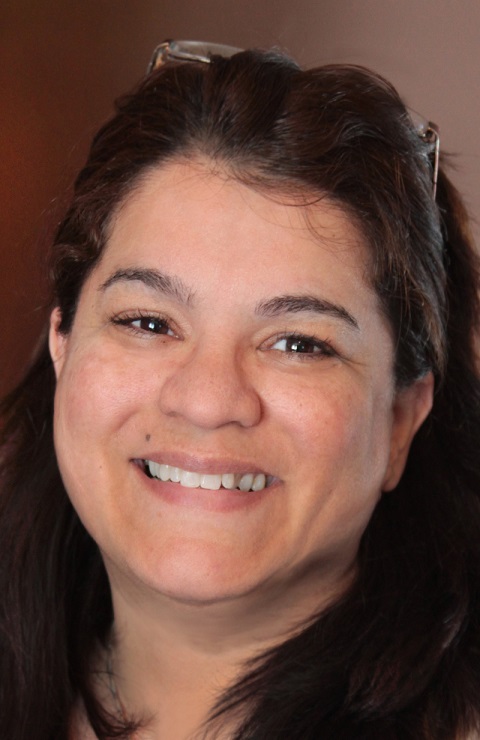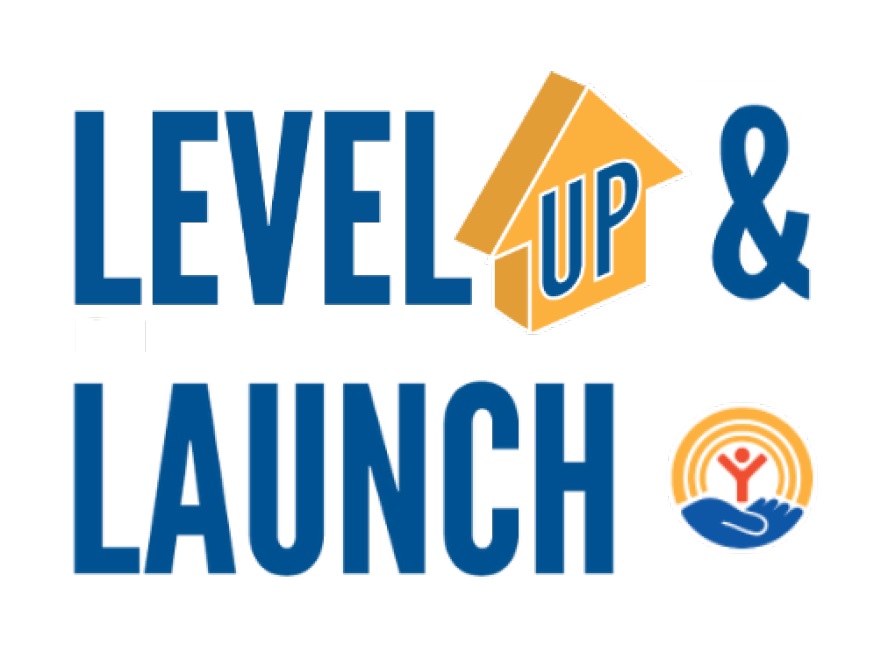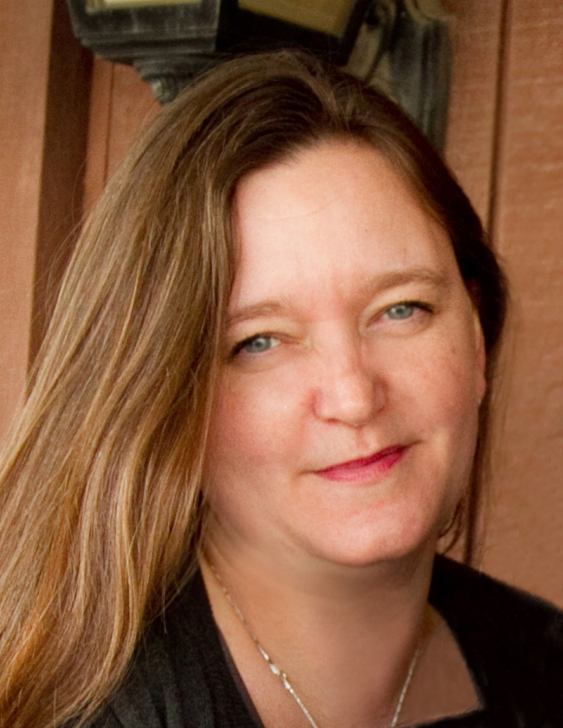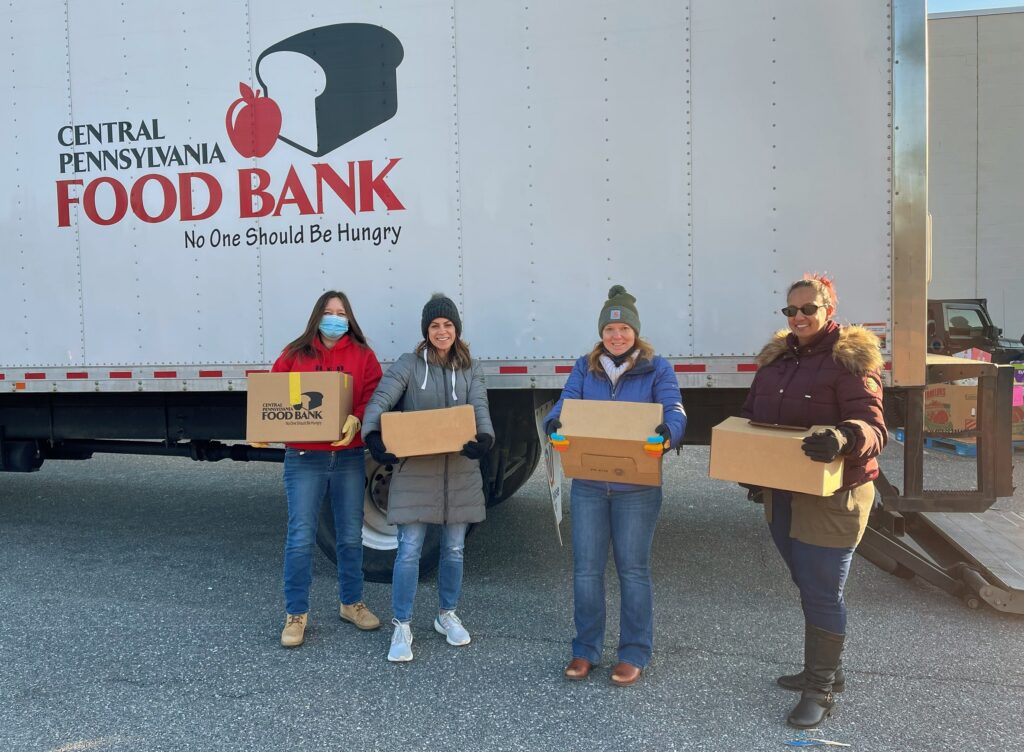(Editor’s Note: This article is part of One United Lancaster’s series on United Way of Lancaster County’s 2022 Level Up & Launch grant recipients.)
Marilyn Vizcaino loves what she does so much that according to her, “It doesn’t seem like it’s work.”
She is part of SAIL, which stands for Systems Aligned in Learning. It’s a collaborative initiative led by the nonprofit Luthercare through its early learning division, Luthercare for Kids.

As a SAIL mentor, Vizcaino visits home-based childcare providers in Lancaster County, giving them the advice and support they need to maintain their state licensing and provide the best possible care to the children in their charge. Her services are provided at no charge.
To enable SAIL’s ongoing work, United Way of Lancaster County is providing a Level Up & Launch grant of $25,000.
Home-based childcare is a key part of Pennsylvania’s economy and educational system. In Lancaster County, about 30% of the nearly 200 licensed child-care providers are home-based. Statewide, paid home-based care was generating more than $160 million in annual revenue prior to the pandemic.

Home-based childcare tends to be more affordable and convenient than child-care centers and providers can often offer flexible hours. As the advocacy group Ready Nation notes, home-based providers “are often trusted members’ of the parents’ community, sharing language, culture and values,” who give working parents peace of mind.
But being a home-based provider isn’t easy. Even before the pandemic, it was challenging, and the past two years have further stressed the industry.
“Our providers are doing it all on their own,” said Lorita Valente, executive director of community programs at Luthercare for Kids.
SAIL was formed in 2015 as one of 16 organizations funded under United Way’s collective impact model. Besides Luthercare, SAIL partners include COBYS Family Services, the Library System of Lancaster County and Penn Medicine Lancaster General Health.

SAIL’s providers care for some of the most vulnerable children in Lancaster County: The majority are from lower-income families and historically disadvantaged backgrounds. Childcare providers, of course, are small business owners; most are women and, like their clients, often come from modest backgrounds.
SAIL’s goal is to help them create nurturing, educationally rich environments that promote early learning and set the stage for success in school. The Level Up & Launch grant is helping SAIL continue that work while exploring new ways to support providers, Valente said.
A case in point: Last year, SAIL surveyed its providers and learned that about half the households they serve met the criteria for food insecurity. In response, it started a pilot program this year with the Central Pennsylvania Food Bank to distribute monthly food boxes. It serves 42 families and there are plans to expand it further.

SAIL serves 38 providers in Lancaster County, with capacity to serve more than 200 children. Adding in the children’s parents, SAIL supports more than 500 people directly and many more indirectly. The organization serve another half-dozen providers in Lebanon County.
At present, budget constraints limit Vizcaino’s work for SAIL to 20 hours a week. Annual funding of a little over $115,000 would be enough to support her full-time, along with a second full-time mentor, Valente said.
“With two mentors, SAIL could serve more providers, assist more children, expand the food distribution program and offer additional time and services to our current providers,” she said.
Pennsylvania has two classes of in-home childcare providers: family (up to six children) and group (seven to 12 children). Most of Vizcaino’s clients are family childcare homes, but she works with group providers as well.
She advises them on layout and helps them develop their curriculum, introducing and explaining new materials, teaching lessons and modeling best practices.
She sets up CPR, first aid and fire safety classes and arranges networking opportunities for providers to share ideas.
When state grants or other forms of assistance become available, she notifies them and walks them through the application process when necessary.
She tries to spend an average of two hours a month with each business, though the actual time varies depending on their needs.
When new providers are entering the industry, she helps them obtain their background checks and certifications, which require rigorous home inspections. She is bilingual and provides translation and interpretation support to more than 90% of her clients.
One provider, who declined to be identified, called Vizcaino “a marvelous woman.”
“She has taken every step to make sure that we as the providers are up to date with all our information in regard to our daycare business. She has helped us so much. … It has been a blessing for me.”
(Editor’s Note: An earlier version of this story incorrectly said that food boxes were distributed weekly.)






